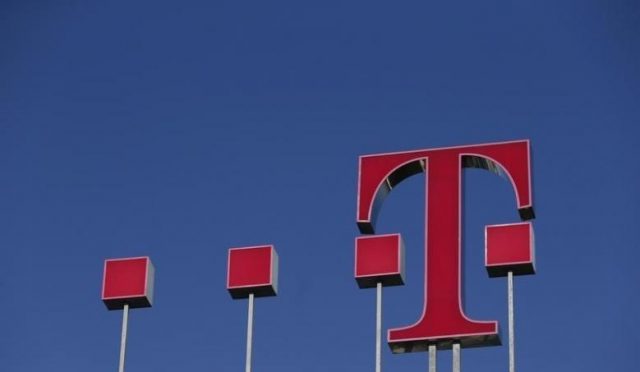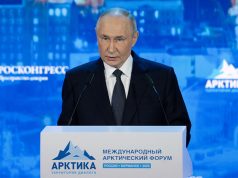
BERLIN, GERMANY — Deutsche Telekom tested Europe’s first ultra high speed 5G antennas in a real world setting on Thursday, a milestone in the race to provide the fast response times needed for virtual reality and autonomous driving.
Europe’s biggest telecoms provider said showed it was ready for a global launch of the technology by 2020, but it still leaves the continent lagging behind South Korea and Japan.
Telekom said it was the first use of the technology in a real world setting in Europe, with speeds of more than 2 gigabits per second to a customer device, as well as a latency of 3 milliseconds on commercial sites.
5G networks, which are expected to provide speeds some 10 to 100 times faster than today’s 4G networks, should remove one of the main obstacles to virtual and augmented reality, which need fast response times to stop users feeling queasy.
“This is a very decisive developmental step on the way to the global launch of 5G, which is planned for 2020,” Telekom board member Claudia Nemat told an event in Berlin. “5G is so important for digitization and for the economy.”
The worldwide race to provide 5G is currently being led by South Korea and Japan, which plan to deploy it in the next year or so, followed quickly by the United States where Telekom is the majority owner of No. 3 ranked mobile carrier T-Mobile.
Telekom showed off uses for the 5G network including live streaming virtual reality glasses and augmented reality glasses worn by a telecoms engineer, which superimposed instructions about how to fix a network box into his field of vision.
Nemat said 5G would also be needed for autonomous driving and the commercial use of drones for delivery and transport, adding that she expected business to be among the first users.
A Telekom pilot at the port of Hamburg plans to test 5G to control traffic lights and monitor the environment.
Nemat declined to say how much Telekom was spending on 5G but noted it is investing 5 billion euros ($5.93 billion) a year in Germany, including in fiber-optic cable and network modernization that is needed to make 5G a reality.
Telekom’s four test antennas are manufactured by China’s Huawei Technologies Co Ltd.
Shi Mao, chief marketing officer for Huawei in western Europe, said it was important to demonstrate the use of the technology to justify the investment: “Everyone has to be convinced about the business value.”









